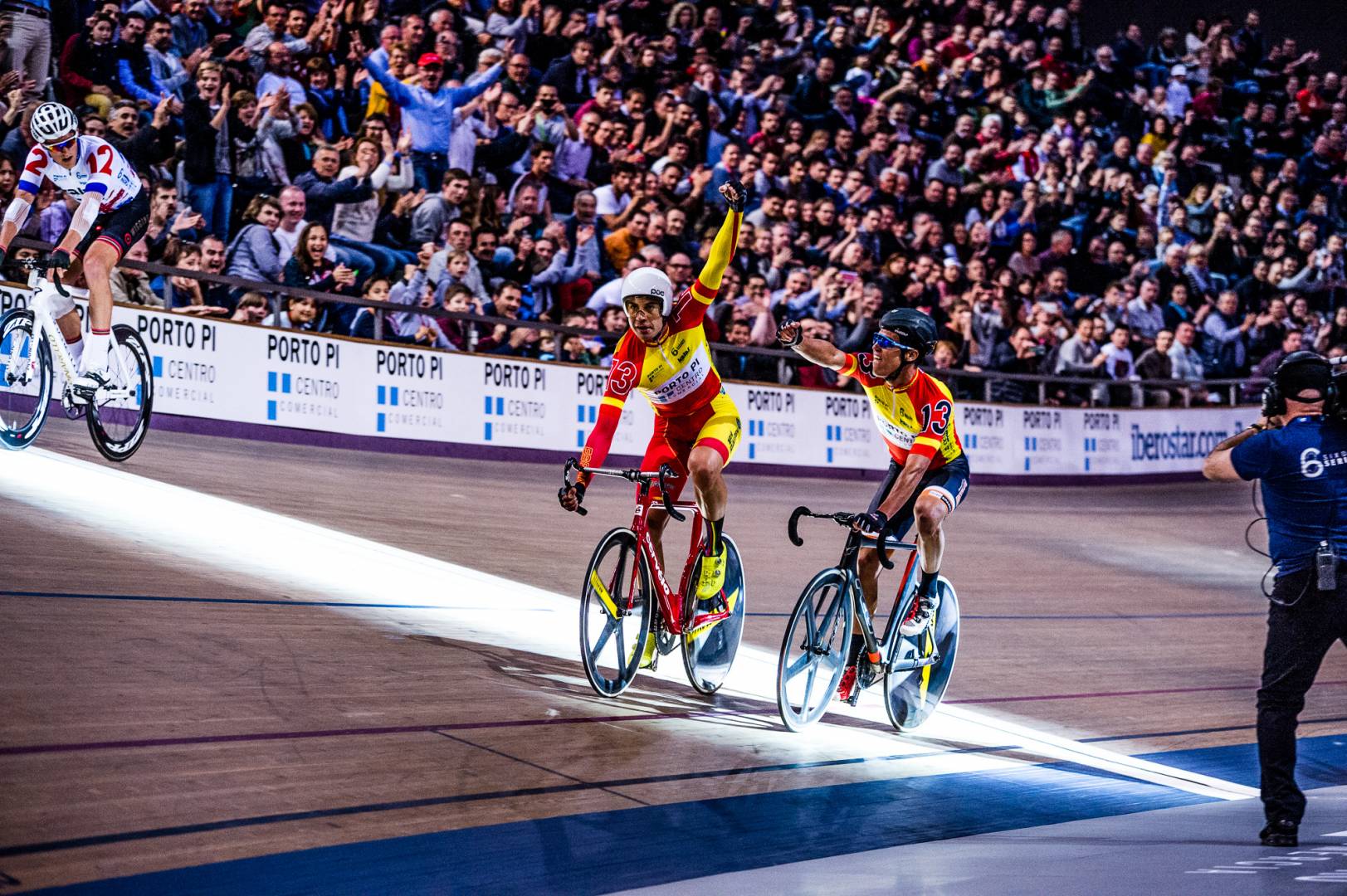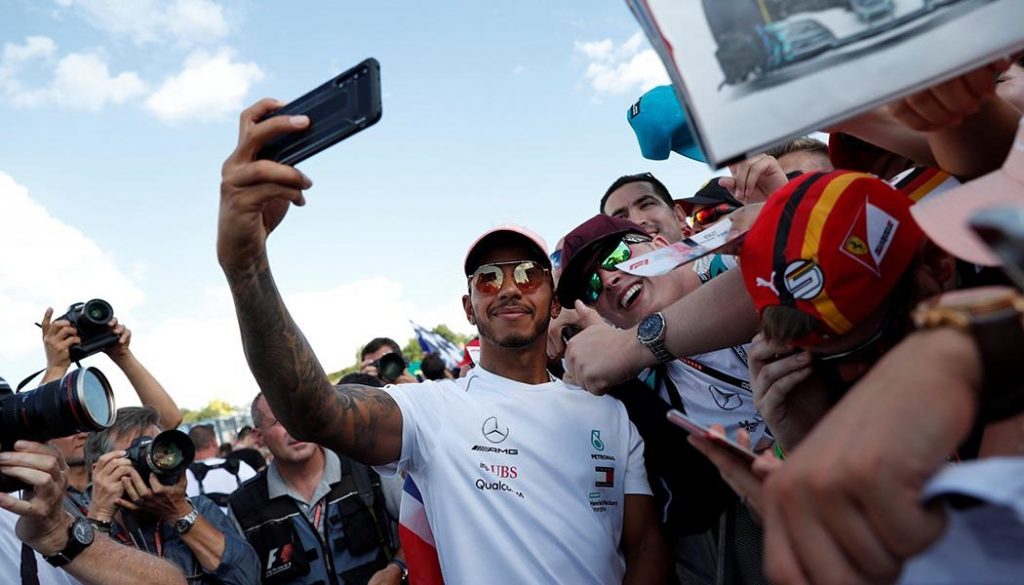Member Insights: Radical Redesign Must Be Contemplated For Sports To Future-Proof Themselves
August 6, 2020
As we begin to pass the first, and hopefully worst, period of the coronavirus pandemic for many countries around the world, we are now beginning to see which sporting organisations have been most affected by the crisis. Ed Warner casts his eye over the situation currently facing many federations.
The tide has gone out and we can now see which sports have been swimming naked. COVID has laid bare the precariousness of many federations’ financial models, with an over-reliance on hosting events in packed stadia. The strongest – those with abundant television income – have successfully deployed ‘bubbles’ to remain relevant. The rest risk slipping from public consciousness. All need to contemplate radical redesigns to future-proof themselves.
In Britain, the unalloyed success of the Premier League’s Project Restart has dominated the pandemic’s sporting headlines, but globally it is F1 that appears the biggest winner. Drive to Survive garnered many lockdown viewers on Netflix who had little previous interest in motor racing. This has proved the perfect qualifying session before the start of a sanitised grand prix circuit in which the absence of fans at tracks is only noticeable during the traditional champagne-spraying at the end of each race.
If they can think outside of the usual touchlines, they can fulfil the need for more hours of screen-based sport for a locked-down world.
The lack of crowds creates a financial headache for F1, but the sport has proved perfectly configured for television. Football is not so fortunate and the absence of the electricity between players and fans in empty stadia clearly damages its product. But the size of the Premier League’s broadcast deals gives the sport breathing space to reconfigure stadia usage and plan for the possibility of future lockdowns. Economies, however, are inevitable, as the redundancies recently announced at Arsenal make clear.
Large scale cutbacks at the international and domestic governing bodies for a wide swathe of sports reflects a rightsizing to a spectator-free world. The winners moving forward will be those able to configure themselves to small arenas in which socially-distanced spectators appear sufficient for remote viewers to catch the buzz of a live audience, even if it cannot be described as a crowd.

Basketball, boxing, velodrome cycling, swimming, netball, tennis. All these and more have their opportunity, but not all have yet proven their commercial value to broadcasters. However, if they can think outside of the usual touchlines, they can fulfil the need for more hours of screen-based sport for a locked-down world. If baking competitions and celebrity jungle contests can be ratings winners with no live audience, why not a wide range of sports with genuine competitive jeopardy?
The losers will be those hide-bound by the conventional structures of their sports, trapped in huge arenas and with insufficient broadcast income. Why hasn’t World Athletics embraced the ‘bubble’ approach to delivering a proper Diamond League circuit this summer? Admittedly the task of herding a multinational roster of athletes around the world is tricky, but money not logistics appears the main barrier. Seb Coe, WA’s President, has already said that the 2021 athletics season may be predominantly domestic, which simply highlights the lack of firepower to engineer a made-for-TV international circuit.
Now could be the time for federations and governing bodies to cede significant stakes in their major events to similar third-party investors.
Outside investment in ailing sports with core, popular appeal could provide the stimulus required for reinvention of competition formats and delivery models. Private equity firm CVC is playing a strong hand in its investments into elite rugby, and the pandemic will have made its hand even stronger in effecting change there.
Now could be the time for federations and governing bodies to cede significant stakes in their major events to similar third-party investors. This would create greater financial resilience, open minds to the possibility of radical change to meet the challenges of the new operating environment, and protect vital investment in grassroots sport. Expect self-interested resistance from the unenlightened. Now, though, is not the time for such protectionism.
Ed Warner is author of Sport Inc., Chair-Designate of GB Wheelchair Rugby and former Chairman of UK Athletics.


